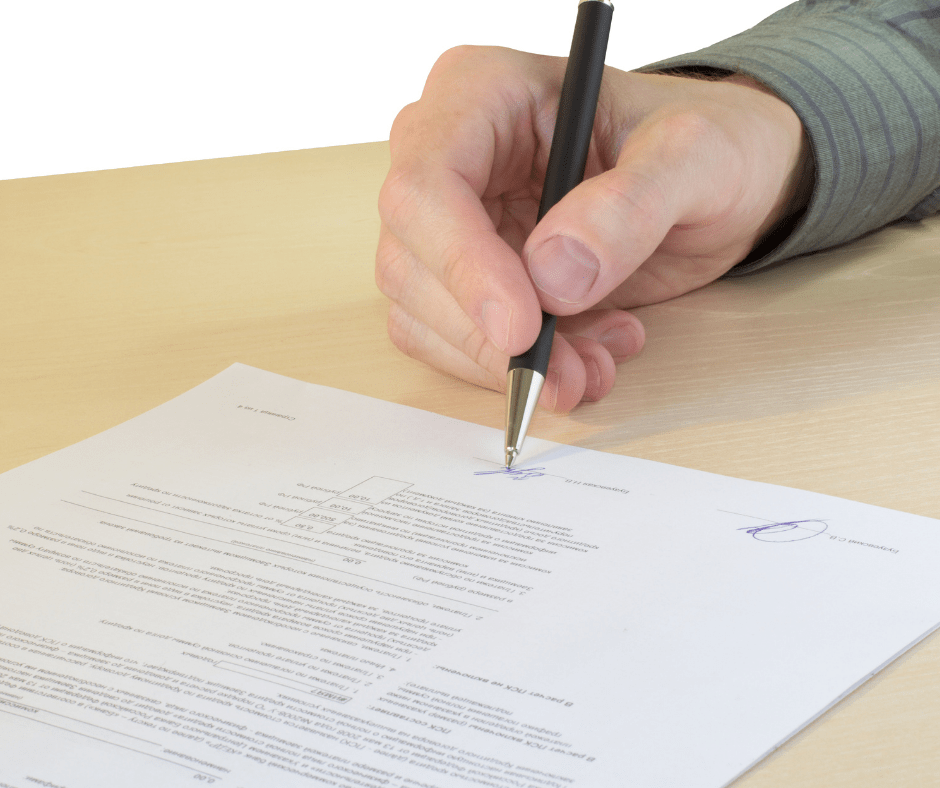All Medical devices companies which import or export their products between different countries often deal with several legal documents required by the authorities. Such legal documents issued abroad need to be authenticated to be considered as valid by the authority from other country. However, the process of authentication of this kind of documents might be confusing, a situation that generally consumes time and resources. In this document we briefly explain the process of authentication of documents, specifically the Apostilled.
By International Treaties and Agreements, the purpose of authentication is to certify the authenticity of a legal document and the signature of the public servant. There are two main types of authentication accepted for most of the countries:
- Legalization: This is the most common process. It basically consists of a chain authentication of the legal document involving several officials in the country of issuance. The final step is carried out by the Embassy or Consulate of the country where the document is to be used. This is a slow and expensive process. Legalizations are accepted in the countries signed the treaty called the Vienna Convention on Consular Relations.
- Apostille: This is a simplified process consisting in the issuance of an authentication certificate known as Apostille. This authentication is performed by an authority designated in the country of issuance of the legal document. This authentication process is accepted in those countries that signed the Hague Convention of 5 October 1961 Abolishing the Requirement of Legalization for Foreign Public Documents.
The Apostille is a rapid, inexpensive, and useful method of authentication. However, the documents must fulfill some characteristics to be Apostilled:
- The country of origin and destination of the document must be member of the Hague Convention, if this is not the case, Legalization is the only option.
- The document must be considered as a public document.
- The Apostille is only for documents to be used abroad.
Some documents of interest for the medical devices industry that can be apostilled are the following:
- Free Sale Certificates,
- Good Manufacturing Practices Certificates,
- Extracts from commercial registrations,
- Patents,
- Notarial acts,
- Acknowledgement of signatures,
- Letters of Representation,
- Contracts and Agreements between companies and manufacturers.
In addition, an Apostille can only be issued by a Competent Authority in the country of origin of the document. Apostilles are affixed to legal documents on the same document if there is enough space. Otherwise, the Apostille can be attached in a separate sheet. Finally, there is a standardized template for all member countries to issue an Apostille document. However, some countries can add more information or they can even issue digital Apostilles.
The minimum 10 points with information of the Apostille are listed in the model below:
APOSTILLE
(Convention de La Haye du 5 octobre 1961)
- Country: …………………………………………..
This public document
- has been signed by ……………………………………………………….
- acting in the capacity of ………………………………………………..
- bears the seal/stamp of ………………………………………………..
Certified
- at ………………………………… 6. the …………………………………
- by ………………………………………………………………………………..
…………………………………………………………………………………….
- No ……………………………….
- Seal/stamp: 10. Signature:
……………………………………. ………………………………………….
The Apostille can be issued in French and in the official language of the country of origin of the document. It might be necessary to translate the Apostille.
It is worth to mention that apostilles only certified the signature or seal of the person or official authority included in the document. The Apostille does not certify the content of the document.
The Apostilles can be rejected in the country where the legal documents be used when:
- The Apostille does not certify the signature correctly,
- The origin of the document cannot be verified,
- The Apostille was placed over the original text of the document.
To know more about obtaining a document correctly authenticated and ready to be accepted in Mexico, please contact us at contact@veraqueconsulting.com

